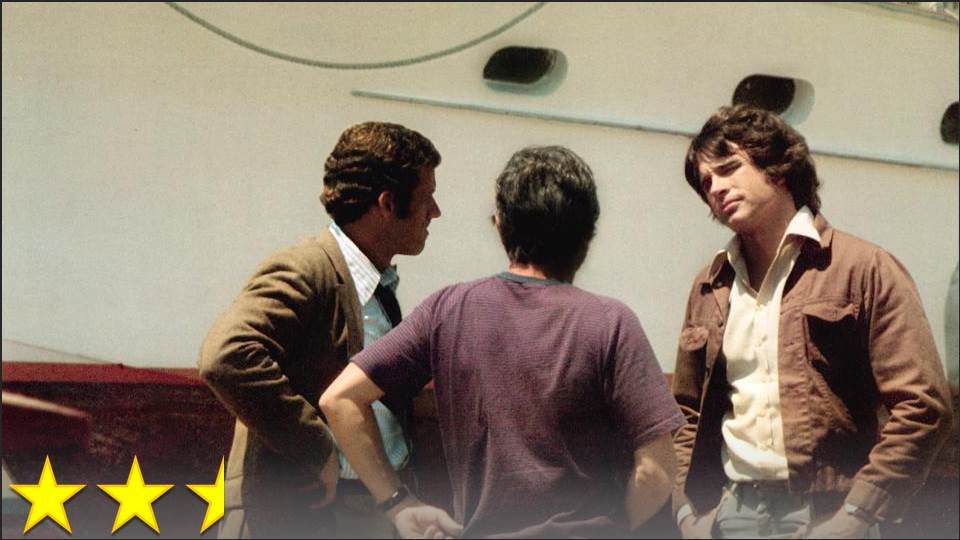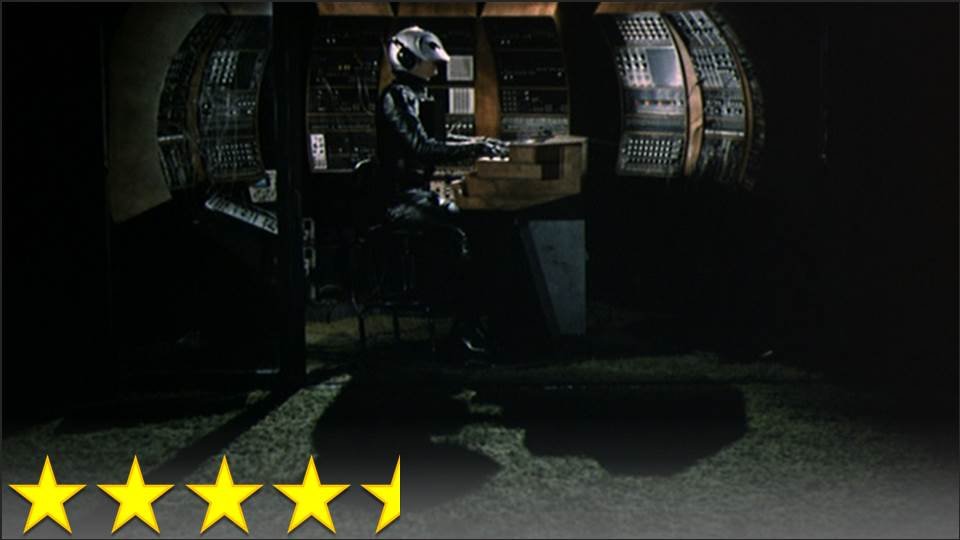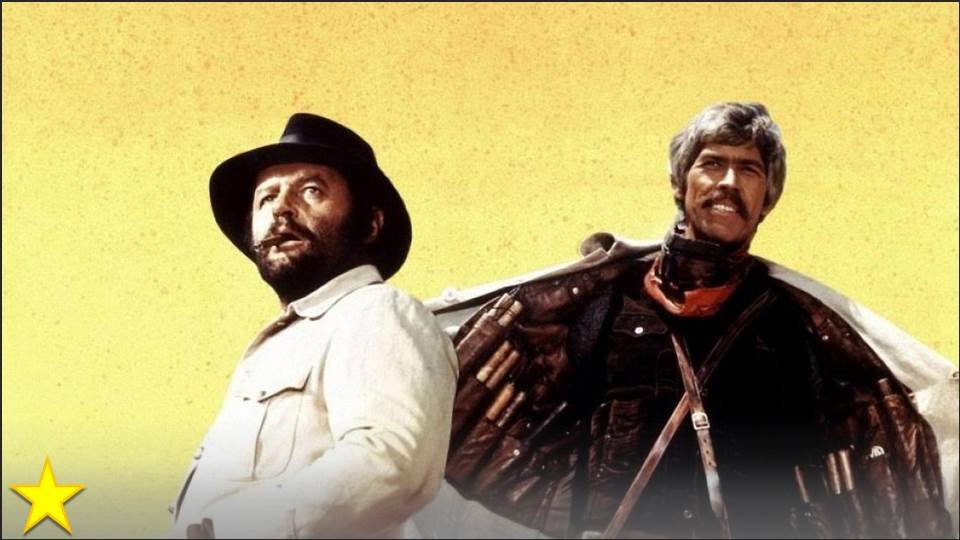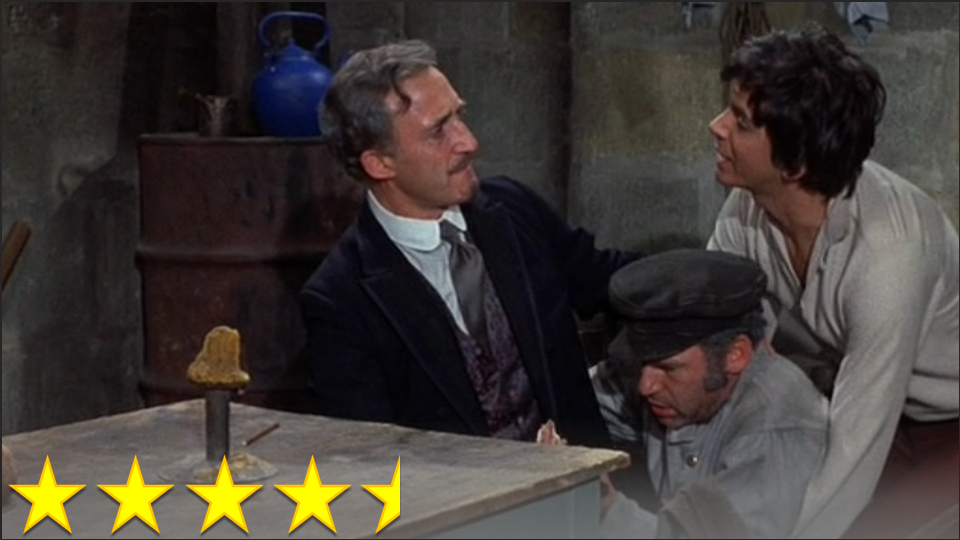I generally don’t watch conspiracy thrillers. And now I know why.
This movie strikes me as being guilty of what I might call “Preacher’s Realism” – trying to make a movie that convinces people they’re seeing what life is really like by playing to their suspicions and intuitions, just to stir up a passion for the subject matter. This may sound like another word for propaganda, but propaganda sounds too official, whereas this is more petty, like a kid on YouTube trying to convince people that President Obama is the Antichrist. We’ve seen this in the religious films from Pure Flix, and the semi-religious Tomorrowland sermon movie. The Parallax View sets itself apart from these films by avoiding focusing on a real event that conspiracy theorists care about, instead fabricating events to build original conspiracy theories around. That being said, the way that the movie is done, particularly with its bookends, is surely designed to anger the viewers by making them feel as though they are being lied to by a government that chooses not to see the truth, claiming instead to accept “evidence.”
I can understand why many people appreciate this film. It’s written cleverly, has some neat visuals, and a good cast – I particularly love seeing William Daniels in just about any role, which made his character in this movie fun to watch. I can’t say that it’s a very boring film, or that it’s stupid. Technically, it is well done. I just can’t bring myself to like it very much, for two main reasons. First of all, I have a hard time getting into a genre that focuses on realistic events if they aren’t real events – I like fictional stories to feel like fantasies. This kind of film is sometimes considered to be a re-imagining of the film noir genre, and it takes a lot for me to really enjoy the story of a film noir movie more than the atmosphere, which this film does not achieve on the level of, for example, Blade Runner. Secondly, and most importantly, I am offended by the thought of a film that sets out to make its viewers angry with those who base their views on evidence, and make them value evidence less as a result. This is unhealthy for the culture, and it is an abuse of the power of cinema.





